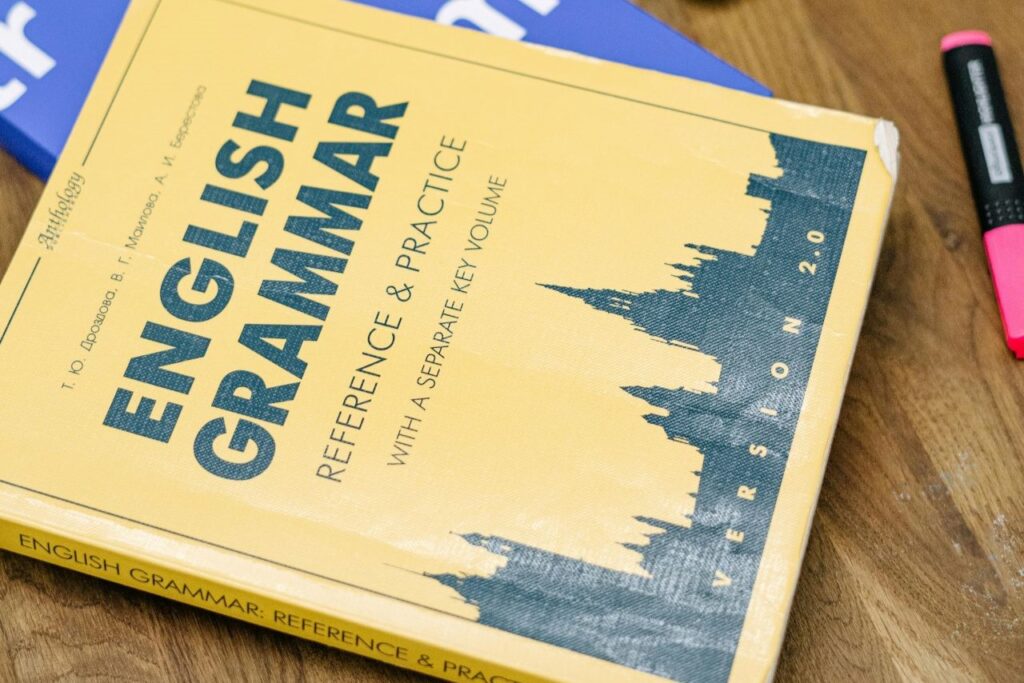Articles in English (a, an, the): When to Use Them
One of the trickiest grammar points for learners of English—especially for Spanish speakers—is understanding how to use articles. In English, we use a, an, and the before nouns, but knowing when (and when not) to use them can be confusing. Here’s a simple guide to help you get it right. 1. What Are Articles? Articles […]
Articles in English (a, an, the): When to Use Them Read More »








